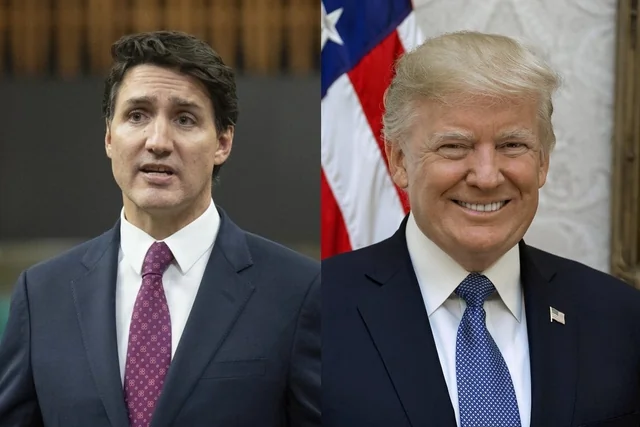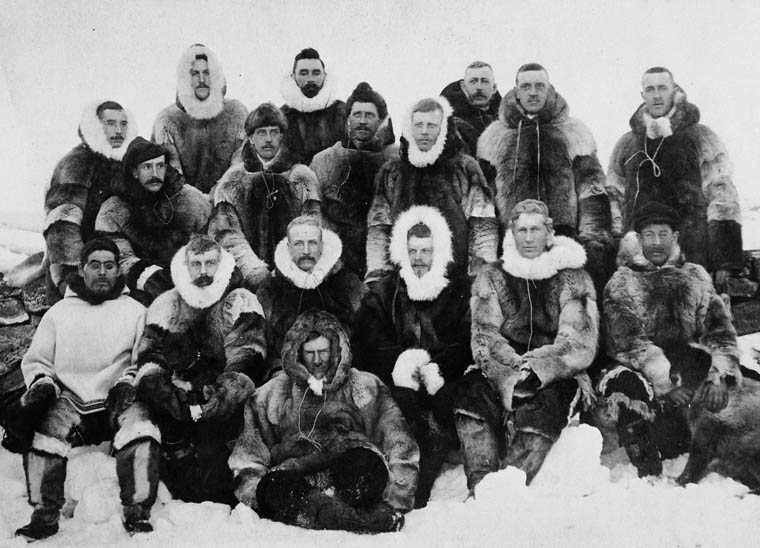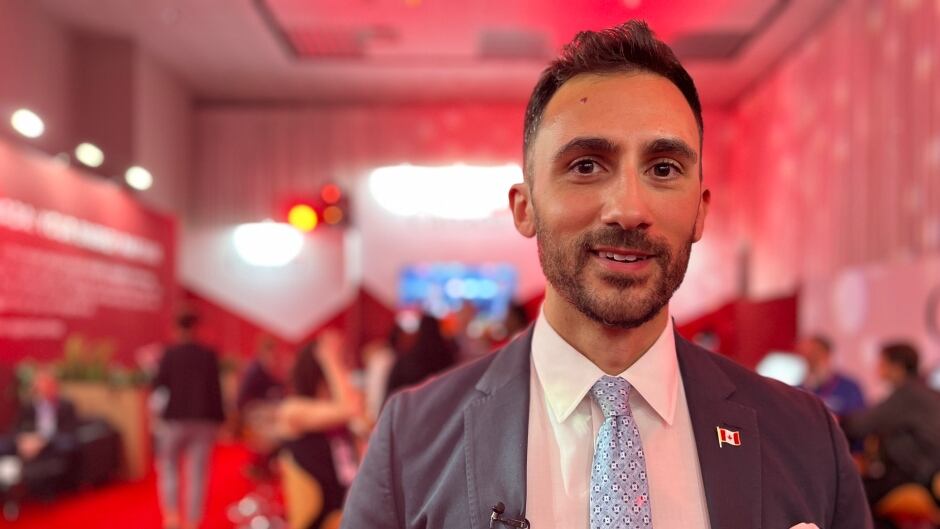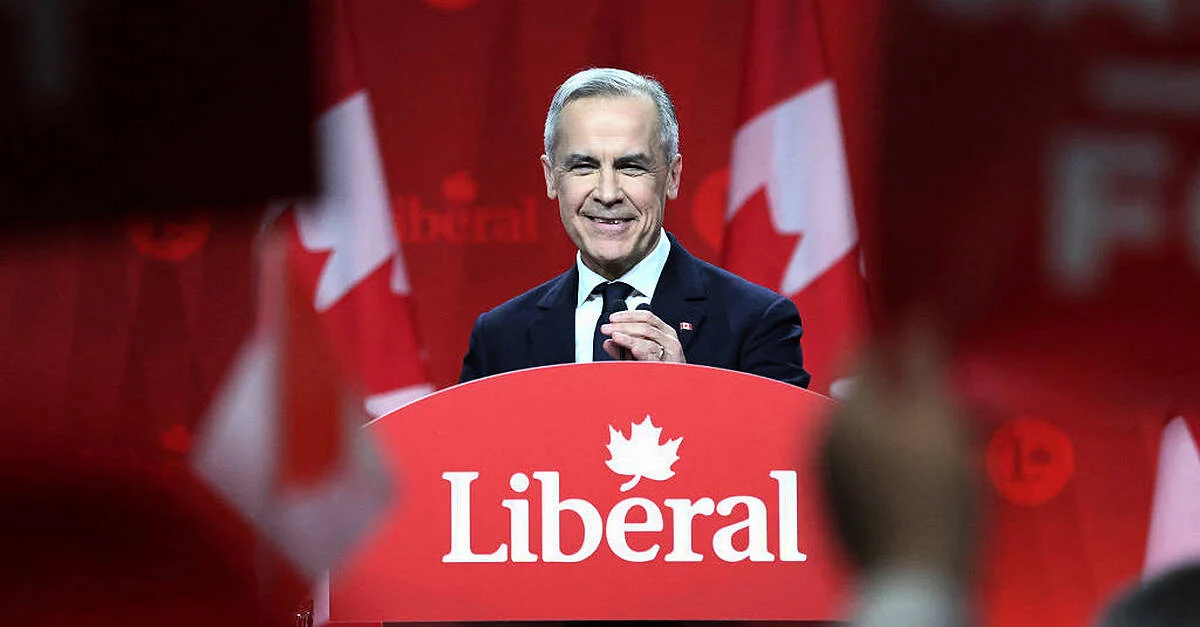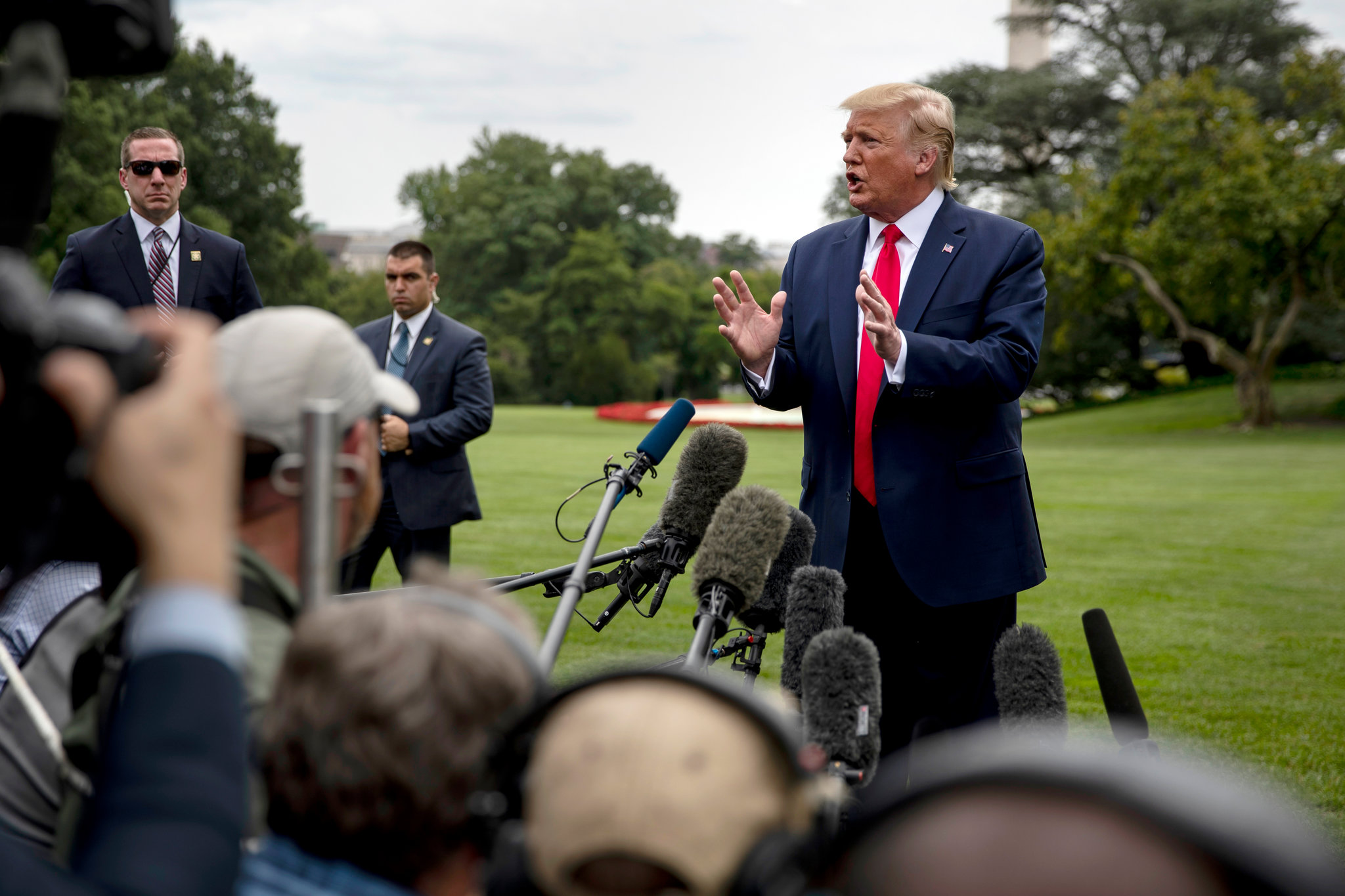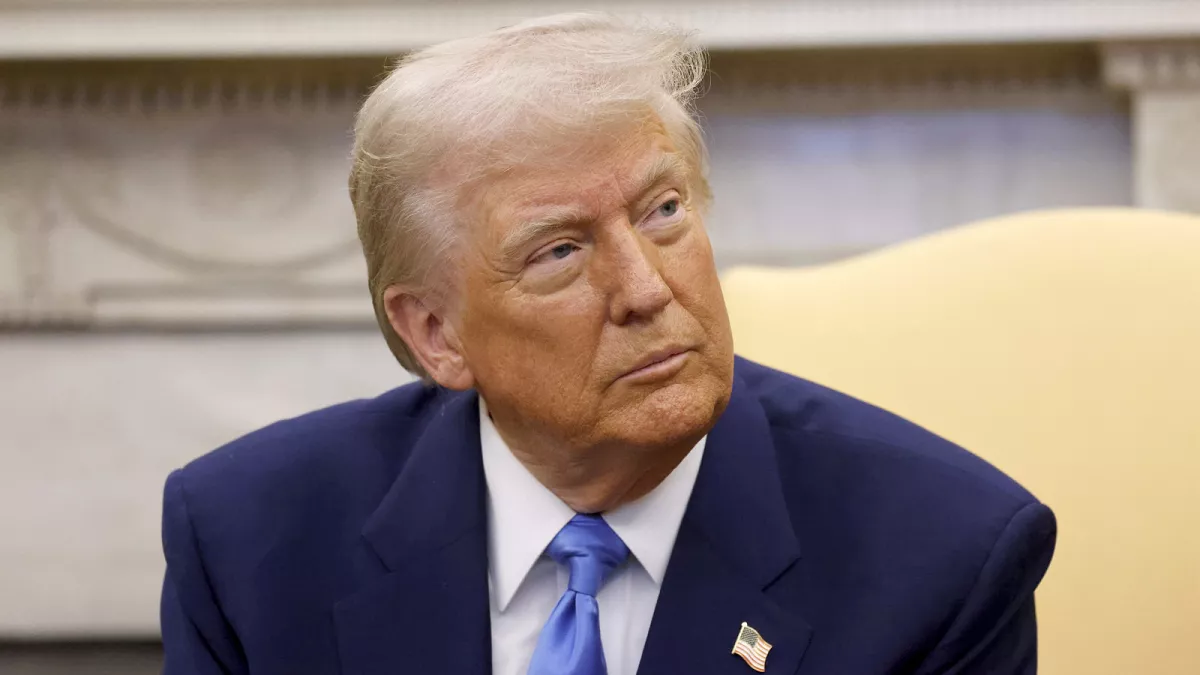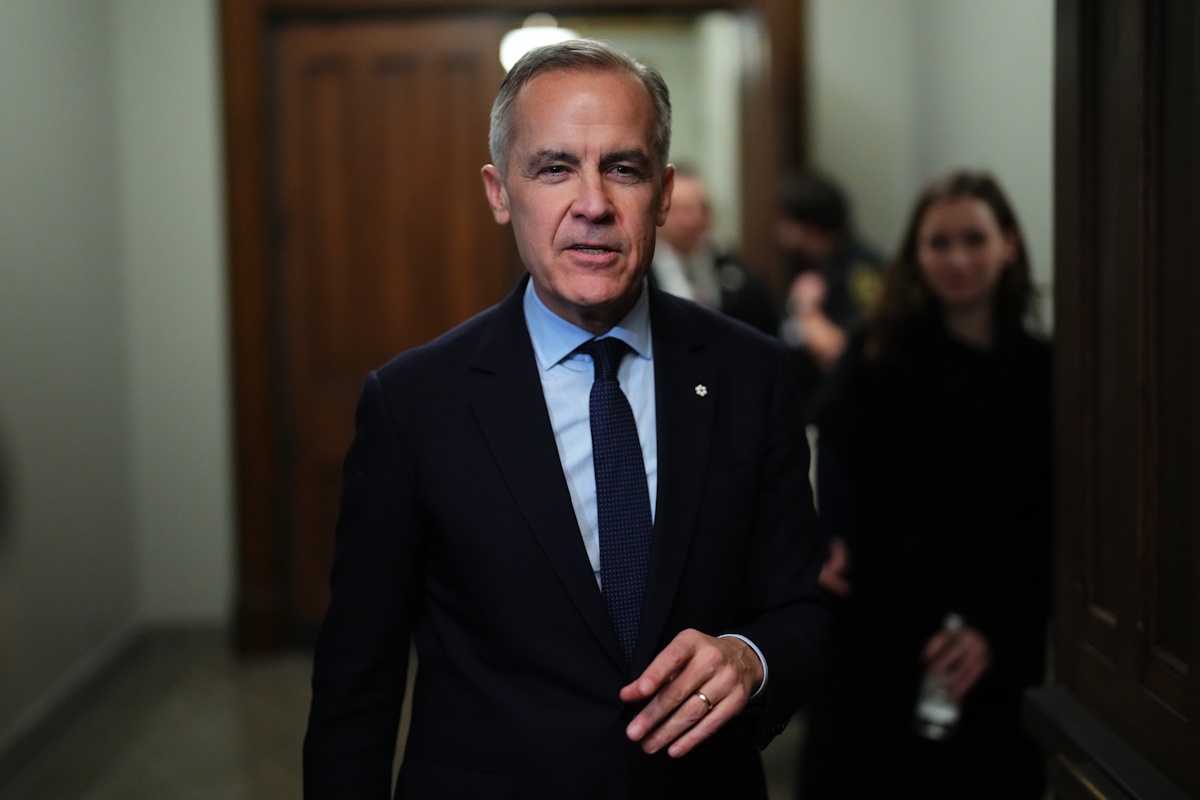The prime minister’s intelligence and security adviser, Nathalie Drouin, emphasized the need for Canada to become more self-reliant, especially after the U.S. imposed tariffs on Canadian goods, marking the start of a trade conflict between the two countries.
Speaking at a panel in Ottawa on Wednesday, Drouin told an audience of international military and security leaders, “We need to be a little bit more selfish now.” She explained that while Canada must continue to meet its NATO commitments and remain a reliable partner for NORAD, the country’s primary focus should be on its own protection.
Drouin’s comments come on the heels of U.S. President Donald Trump’s decision on Tuesday to impose a 25% tariff on most Canadian imports, a move that has thrown both economies into a period of instability. In response, Prime Minister Justin Trudeau imposed counter-tariffs on $30 billion worth of U.S. goods.
Trudeau accused Trump of attempting to “collapse the Canadian economy” in a bid to make it easier to annex Canada, a sentiment the U.S. president has expressed on multiple occasions.
Trump’s aggressive stance towards Canada, paired with his desire for a quick resolution to the ongoing war in Ukraine and his efforts to appease Russian President Vladimir Putin, has heightened global uncertainty.
Trudeau criticized Trump for his inconsistent policies, particularly his hostile approach to Canada’s closest ally while simultaneously seeking to negotiate with Putin, whom Trudeau described as a “lying, murderous dictator.”
In her speech, Drouin stressed the importance of strengthening Canada’s defense capabilities. “We are in the most unsettling time since the Second World War,” she said, adding that the paradigm shift in Canada’s relationship with the U.S. was undeniable.
Drouin also expressed concerns about how the new U.S. administration might handle intelligence-sharing. Just before the panel began, senior White House officials announced that the U.S. had temporarily suspended intelligence sharing with Ukraine.
Vincent Rigby, Drouin’s predecessor, warned last month that the U.S. might leverage access to intelligence against traditional allies over trade disputes.
However, Dan Rogers, Director of the Canadian Security Intelligence Service (CSIS), voiced optimism that this wouldn’t happen. He argued that the U.S. continues to benefit from its intelligence relationship with Canada.
“If you can rely on partners to act in their self-interest, then they should continue to value the binational cooperation between the U.S. and Canada in the intelligence space. And I think they do,” Rogers said. “Now is a great time to double down on the things that make us strong.”

